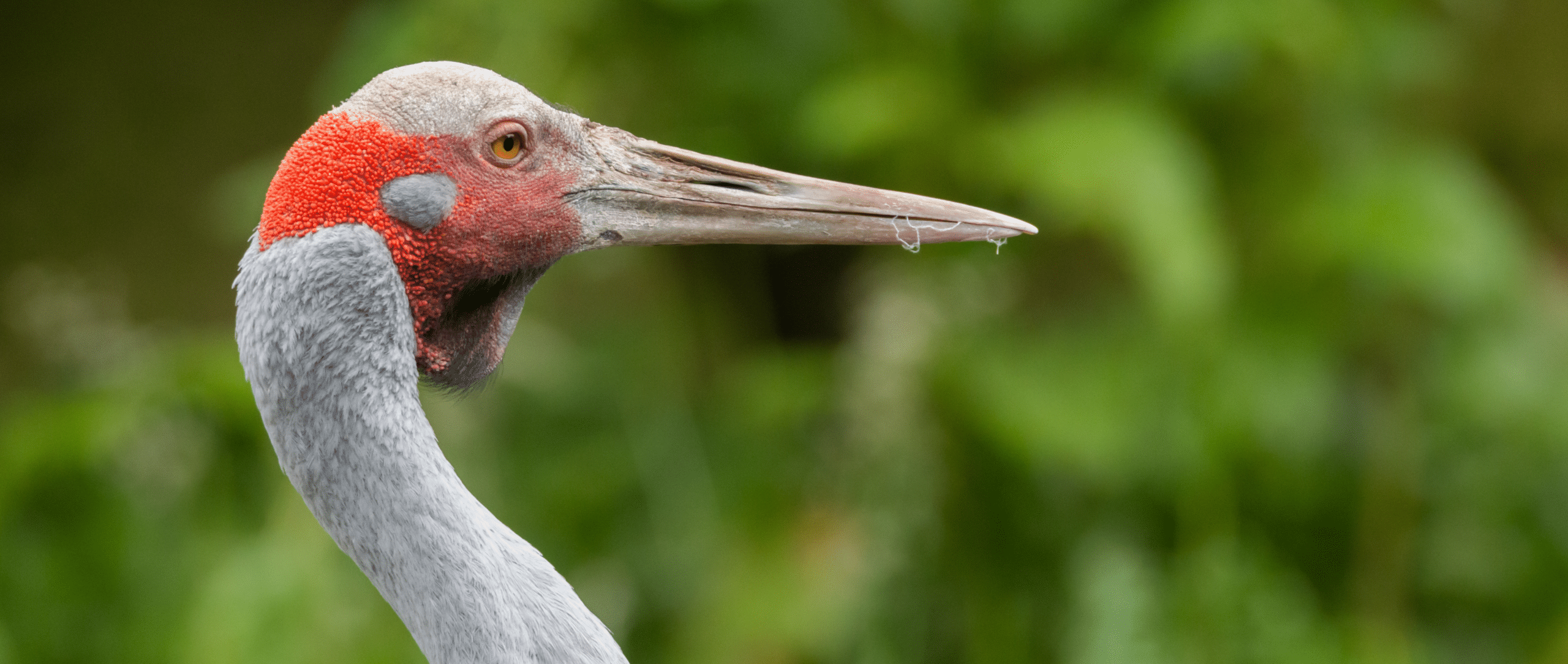SYDNEY (January 14, 2026)— Humane World for Animals Australia (previously known as Humane Society International Australia) is proud to have secured protection for two Murray Darling Basin wetland ecosystems under Australia’s new nature laws announced by Federal Environment Minister Murray Watt today. The Lower Murray, including the Coorong at the river mouth, and the Macquarie Marshes have both been listed as Critically Endangered “Threatened...
This week marks the 40th anniversary of the global moratorium on commercial whaling, an achievement that is hailed as one of the most significant conservation victories of all time.
More than three million whales were killed for their oil and meat in the 20th century taking many species to the brink of extinction. In July 1982, member countries of the International Whaling Commission (IWC) held a historic meeting in the British city of Brighton and agreed on the global moratorium which remains in place today.
Although Japan, Iceland and Norway still defy the global ban, without doubt it has spared the lives of tens of thousands of whales and been instrumental in pulling many species and populations back from extinction—although some have never recovered.
Beyond commercial whaling, whales still face many threats caused by human activities including fisheries bycatch; chemical, plastic and noise pollution; marine debris; ship strikes; habitat loss and the urgent climate crisis. Of the 90 species, 12 subspecies and 28 subpopulations of cetaceans that have been identified and assessed to date, 22 are listed as ‘Critically Endangered’, 22 as ‘Endangered’ and 16 as ‘Vulnerable’.
Humane Society International Australia’s Head of Campaigns Nicola Beynon, who has spent much of her professional career fighting to maintain the moratorium, joined a commemoration of the anniversary in Brighton on Monday while on a personal visit to the UK.
Speaking from Brighton Ms Beynon said, “Maintaining the moratorium has taken a marathon effort from a multitude of government officials and campaigners over the last four decades, and HSI is incredibly proud to have played our role.
“There can be no doubt that the global ban on commercial whaling has saved many species from the brink of extinction, yet whales still face an uncertain future. The 40-year anniversary is a timely reminder of what can be achieved and strengthens our resolve to combat ongoing threats.
“To ‘save the whales’ was a catch cry of the conservation movement in the 1980s, and the global whaling moratorium a momentous milestone, but the task is far from over.”
Fast facts:
- The IWC’s commercial whaling ban was agreed on 23rd July 1982 in a three-quarters majority vote by its 25 member nations, including Australia, and came into effect in 1985/86.
- Commercial whaling ended in Australia in 1978 and the Australian Government adopted an anti-whaling policy in 1979. The Australian government has consistently been a staunch defender of the moratorium and a leader in whale conservation efforts.
- Japan, Norway and Iceland are the only countries to still kill whales commercially, despite the ban. Iceland’s current whaling quota expires in 2023 and it is unclear if the government will be willing to renew it. Japan defied the ban for decades by exploiting a legal loophole to grant itself a ‘special permit’ to kill whales under the guise of scientific research. In June 2019, it formally left the IWC, dropped the scientific research pretence and withdrew from its high seas hunts in the Southern Ocean. Today its whaling operations are losing money and unwanted whale meat is sold for pet food. Norway has also continued to kill whales under a ‘formal objection’ it made to the ban in 1982.
- Whales are still killed using exploding harpoons, which veterinary and welfare experts have repeatedly objected to on the grounds of the extreme suffering they can cause. Footage presented to the IWC of whales killed has shown that they can take over 20 minutes to succumb to their injuries.
- The degradation of the oceans has accelerated rapidly in recent years, with ocean temperatures warming up to 40% faster on average than the Intergovernmental Panel on Climate Change previously estimated.
- More than 150 million tonnes of plastics have also accumulated in the oceans since the 1950s.
- Ocean acidification has also increased by 26% since pre-industrial times, and global maritime traffic as well as underwater noise levels from shipping, seismic surveys, exploration and military activities have also vastly increased.
- An estimated 300,000 cetaceans are killed annually as bycatch in fisheries.


